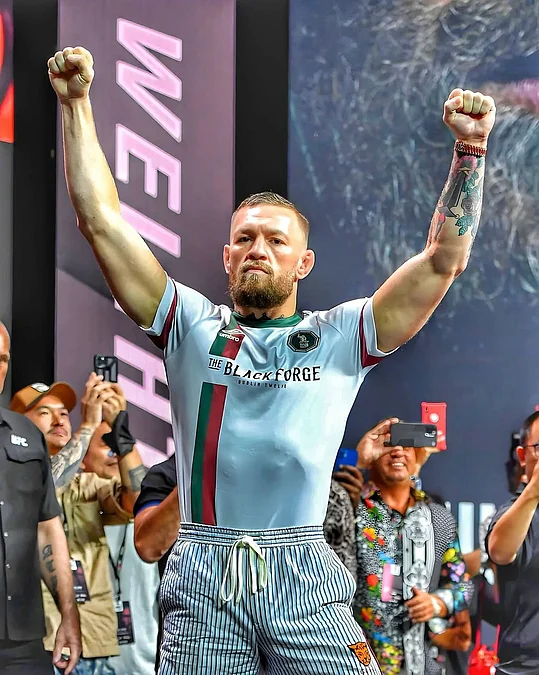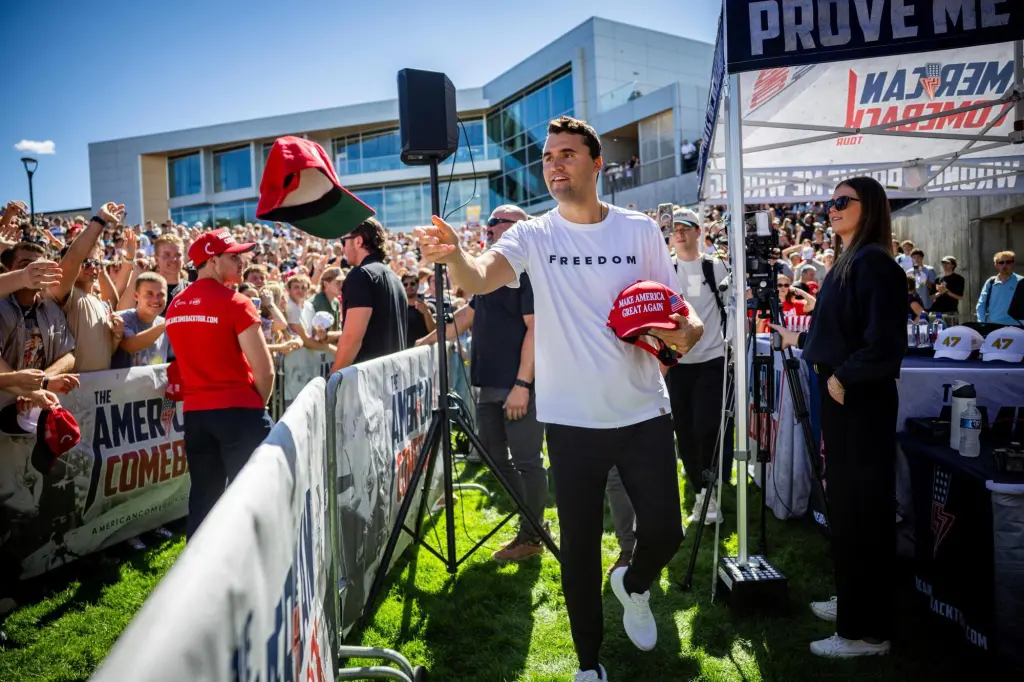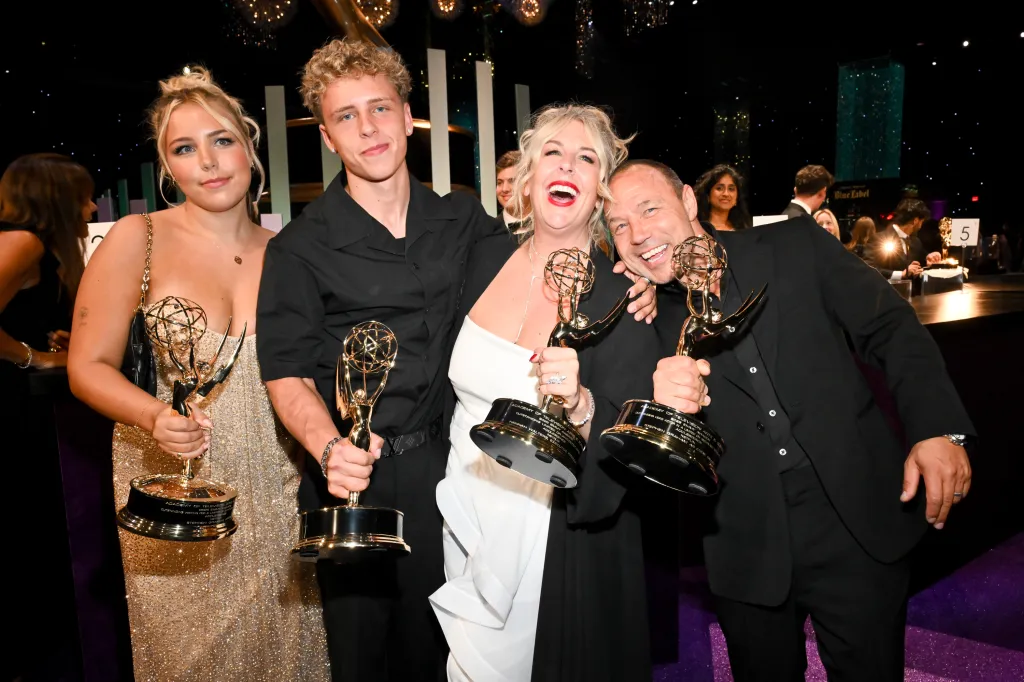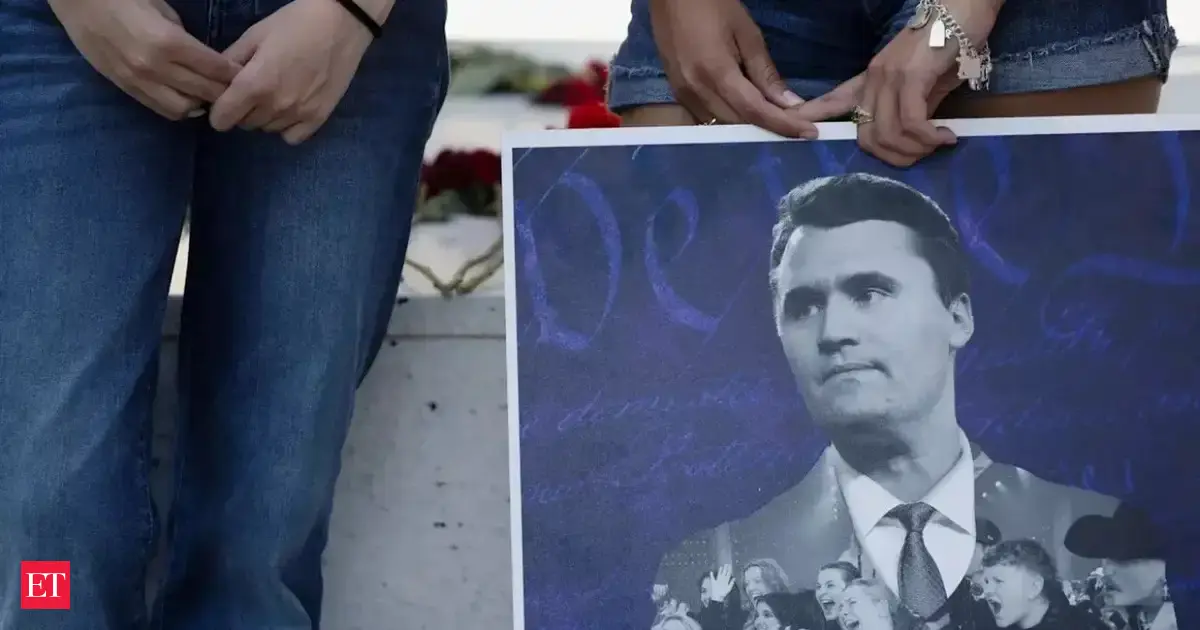By Finbarr Bermingham
Copyright scmp
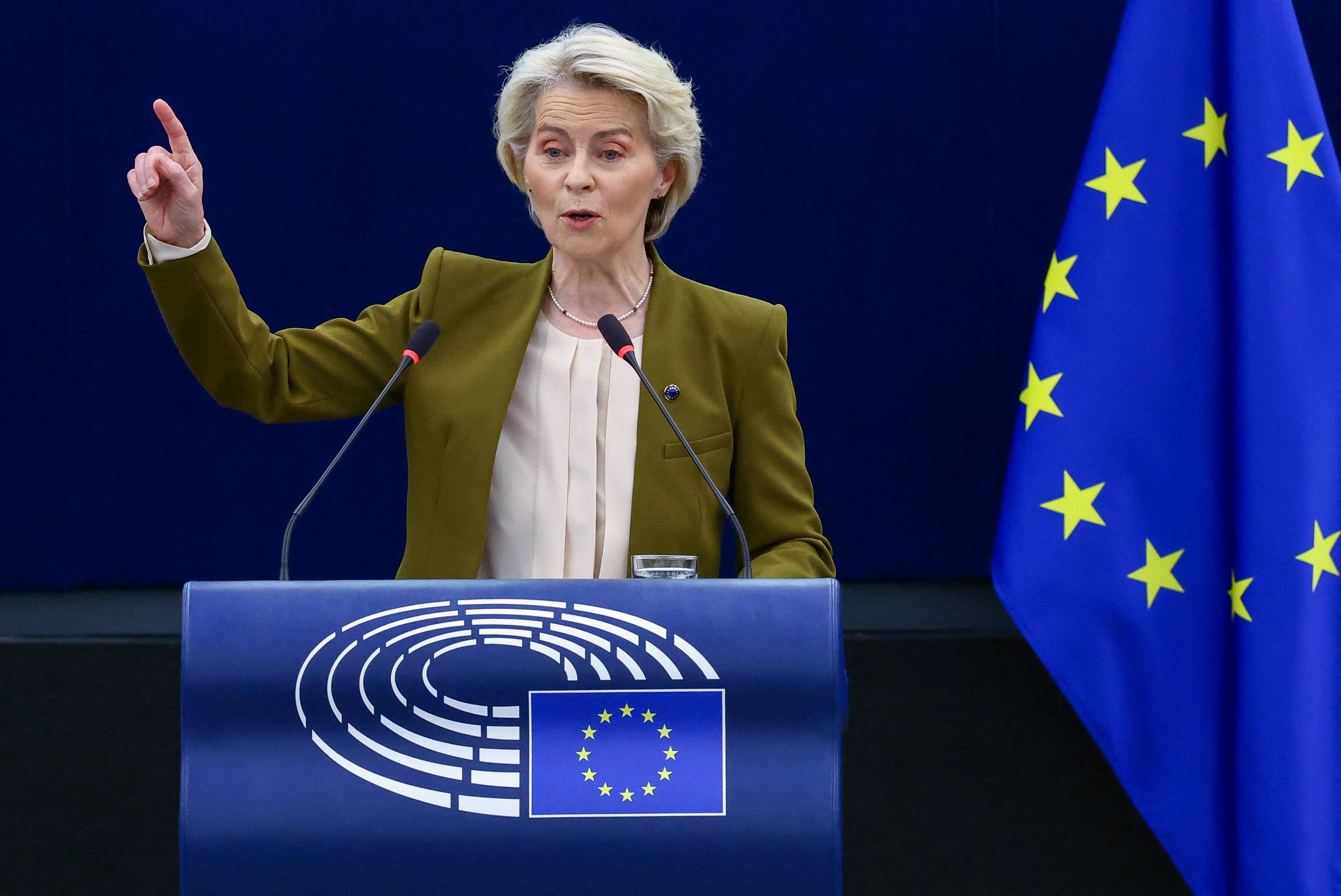
As speculation grows that the European Union will team up with the United States to hit China with huge tariffs and secondary sanctions for buying Russian energy, European Commission President Ursula von der Leyen vowed on Wednesday to escalate measures on “third countries”.
Without naming China directly, von der Leyen used her annual state of the European Union address to call for “more pressure on Russia to come to the negotiating table”, asserting that “we need more sanctions”.
Overnight, stories from the Financial Times and other media said US President Donald Trump told European officials the US would slap 100 per cent tariffs on China and India for buying Russian energy – but only if Europe did the same.
“We are particularly looking at phasing out Russian fossil fuels faster, the shadow fleet and third countries,” von der Leyen said.
Several diplomatic sources, meanwhile, said early discussions had taken place about the use of secondary sanctions against companies from third countries that flout Europe’s measures against Russia.
It is uncertain whether the EU could follow through on the demands as such a move would surely upend its relations with Beijing and bend global trading rules.
Nor was there clarity as to what form secondary sanctions would take. Brussels has previously pushed back against America’s regular deployment of these sorts of measures against European firms
However, von der Leyen used her speech to impress on members of parliament – some of whom heckled her throughout – the importance of July’s trade deal with Washington in light of China’s close ties to Russia.
“Think of the repercussions of a full-fledged trade war with the US, picture the chaos and then put that image next to the one from China just last week,” she said, referring to Beijing’s military parade attended by Russian President Vladimir Putin among other state leaders.
“China flanked by the leaders of Russia and North Korea. Putin gloating about how Russia-China relations are at an unprecedented high. None of this is a great surprise. But it reflects the changing landscape,” added the German official, who urged Europe to rise to the mounting global challenges.
“Europe must fight. For its place in a world in which many major powers are either ambivalent or openly hostile to Europe. A world of imperial ambitions, imperial wars. A world in which dependencies are ruthlessly weaponised,” she told the chamber.
During an ill-tempered occasion highlighting the deep divisions in European politics, the embattled von der Leyen was shouted down by lawmakers as she proposed a suspension of a trade deal with Israel over its bombardment of Gaza.
She was jeered as she pushed back against health disinformation and even when announcing a programme to promote locally made electric vehicles.
Lawmakers seemingly sceptical about the effects of climate change voiced their disgruntlement as von der Leyen spoke of an initiative to boost small, affordable cars.
“I believe Europe should have its own e-car. E for environmental – clean, efficient and lightweight. E for economical – affordable for people. E for European – built here in Europe, with European supply chains. Because we cannot let China and others conquer this market,” she said.
The EU chief also unveiled programmes for the battery and steel sectors in which China enjoys near total dominance, including a “new, long-term trade instrument” to replace safeguard measures on steel, largely coming from Beijing, that will expire imminently.
“Global overcapacity is squeezing margins and leaving little incentive to pay a clean premium,” von der Leyen said.
On the battery front, a €1.8 billion (US$2.1 billion) equity package will go towards boosting local production, while “made-in-Europe” criteria will be inserted into public procurement processes for cleantech projects.
The global trading system is “crumbling”, von der Leyen argued, as she encouraged the EU to continue cutting bilateral trade deals with partners that could help it divert trade away from the US and China.
“At a time when the global trading system is crumbling, we’re securing the global rules through bilateral agreements, like with Mexico or Mercosur. Or finalising negotiations on a historic deal with India by the end of this year,” von der Leyen said.
“We will also build a coalition of like-minded countries to reform the global trading system, like the CPTPP,” she continued, referring to the Pacific Rim trade bloc abandoned by the US during Trump’s first term.
With lawmakers threatening to veto her tariff deal with Trump, von der Leyen defended it on strategic terms.
“We ensured that Europe got the best possible deal out there. We have put our companies at a relative advantage because some of our direct competitors face much higher US tariffs,” she told the parliament.
The deal saw the EU reduce tariffs on and open its market to American goods in return for a 15 per cent US tariff on most EU-made goods in July.
And the German official sought to quell speculation that the bloc would water down its controversial digital laws in light of pressure from Washington.
“I want to be crystal clear on one point: whether on environmental or digital regulation, we set our own standards. We set our own regulations. Europe will always decide for itself.”
